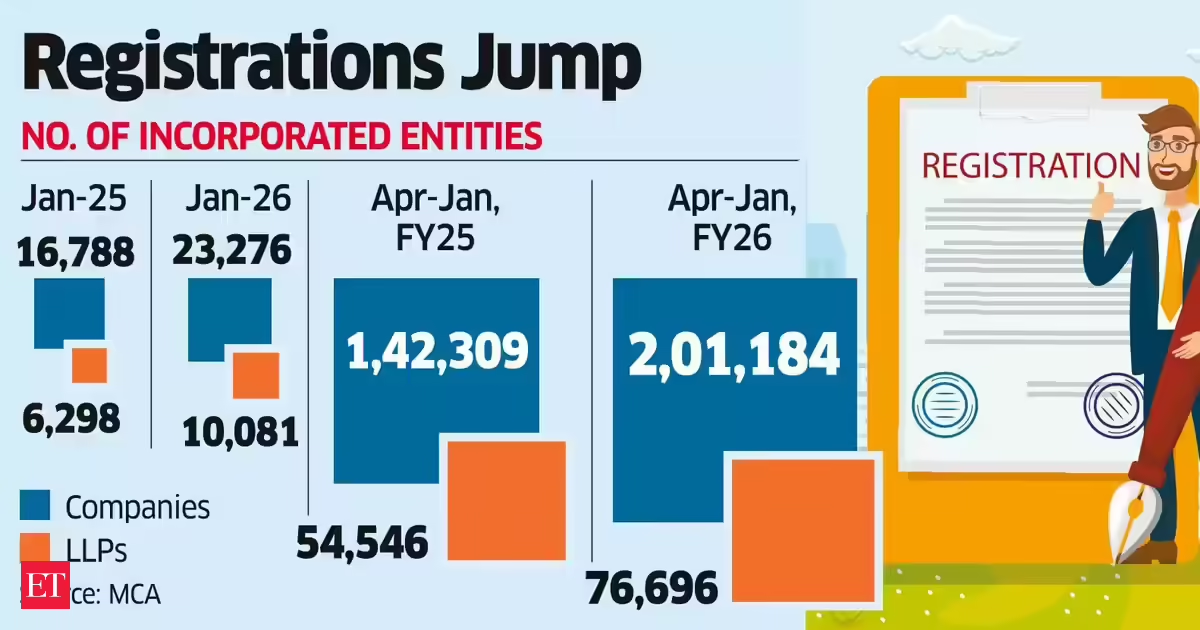Manchester United faced a familiar scenario on Saturday but this time with a different manager in the hotseat at Old Trafford.
Ruben Amorim’s time as Manchester United manager didn’t produce many highlights but undoubtedly one of the darkest days of his tenure came when Everton visited Old Trafford last November. The Reds fell to a 1-0 defeat against Everton despite playing against ten men for all but 13 minutes of the match.
The negative 3-4-2-1 system was under scrutiny and proved it could not unlock a side that would definitely have taken a point as soon as they were reduced to 10 men.
Unbelievably the Toffees secured all three points and less than two months on Amorim was sacked. Last weekend, United once again found themselves up against 10 men with the game goalless. Where Amorim failed, Michael Carrick succeeded.
FOLLOW OUR MAN UNITED FACEBOOK PAGE! Latest news and analysis via the MEN’s Manchester United Facebook page
MEN Sport has taken a look back at the Everton defeat and highlighted five ways Carrick’s tactics trumped Amorim’s when tasked with breaking down a side who had seen a man sent off.
Fernandes change
Amorim always justified the decision to play Bruno Fernandes deeper in midfield because he wanted United to have more control in the centre of the pitch.
Try MEN Premium NOW for just £1
However, that tweak saw Kobbie Mainoo drop out and it is clear to see that Mainoo needs to be in the team. Everton’s winner came from Kiernan Dewsbury-Hall running off Fernandes before Leny Yoro failed to stop the shot.
Against Spurs, and since the arrival of Carrick, Fernandes has moved into attacking midfield and he has been excellent, as has Mainoo since being brought back in from the cold.
Predictability
Rewatching the Everton game was painful for plenty of reasons, particularly because of how predictable United were. It was difficult for Amorim’s side when playing a team with a goal advantage and the ability to sit on the edge of their area, but the Reds made it way too easy for them.
United would play the ball out to Amad in the hope he could produce a moment of magic, but with Everton doubling up on him he would have to work it back and eventually the attack broke down. It was dull and uninspiring.
In contrast, United switched up their attack against Tottenham, with the first goal a perfect example. Matheus Cunha did well to drift inside and create overloads in the centre, a move that ultimately won the corner from which the first goal came.
A neat training ground routine allowed the ball to be laid off for Bryan Mbeumo to slot home. It seems simple but it is by far a better brand of football to watch.
Tempo
This goes hand-in-hand with the predictable nature of Amorim’s system but the tempo in the defeat to Everton was shockingly low. When Idrissa Gueye was sent off, Old Trafford was rocking and hopeful of seeing their side take advantage.
Instead, United killed that urgency with slow play which made it easy for Everton to defend. The Reds were too casual in possession and this created problems with passes being intercepted and clearances being made.
Now, there is a sharpness to United’s play that is not just evident against ten men. Carrick’s side pass the ball around with a crispness and some of the one-touch football left Spurs scratching their heads at the weekend.
The out-ball
Bafflingly, United were so defensive against Everton you would have thought they were the ones with ten men. A particular example of this was their approach to defending long throws.
The Reds put all 11 men behind the ball, including Joshua Zirkzee. When they eventually cleared the danger, there was nobody upfield to offer a way out and Everton were able to just recycle possession.
Against Tottenham, that was not the case and this allowed United to retain more control. Harry Maguire and Lisandro Martinez have forged a solid partnership in recent weeks and that gives United the confidence to leave a man upfield without the fear of conceding.
Crossing
When United eventually managed to work an opening against Everton they looked to get crosses into the box. Not a bad strategy except for a couple of key issues.
Firstly, there was no variation on the crosses, with all being looping balls that Michael Keane and James Tarkowski took pleasure in just heading away. On the few occasions they were beaten, Zirkzee forced a couple of good saves from Jordan Pickford.
However, there were also too many occasions when Zirkzee and other forwards were not bursting into the box to try and get on the end of crosses. The combination of the two was a recipe for disaster.
Now, United are showing a variation in their crosses and the second against Spurs came thanks to a brilliant delivery from Diogo Dalot which Benjamin Sesko was trying to reach.
He missed it but following up was Fernandes. The finish was sublime.




















































